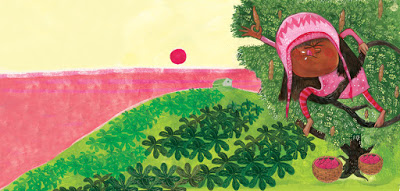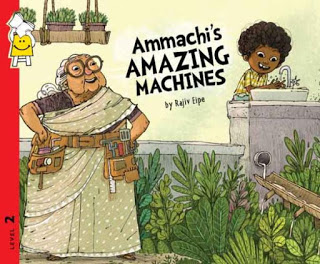#GirlsMustPlay : Reclaiming Spaces

hopscotches its way to friends. And just as she’s about to retain that confidence she learnt during
these games, she’s told to step back and go back. This relationship with her favourite streets and
parks might sour over time, might become one of detachment, fear or hesitation, it might be
accepted as a strange and cumbersome part of life, or it might turn into one of rebellion and
constant reclamation. Whether it’s the majority of population of Indian girls that resides in rural
areas or the ones in urban, it’s almost impossible for girls to have a free, healthy or even neutral
relationship with public areas. Eventually, many girls stop playing in such spaces at an early age. This
lack of games leads to a lack of sports in their lives.
journalist, I remember interviewing Ashok who worked with Magic Bus in Mumbai to get children
back to school using football. And one of the challenges he talked about was getting girls to play the
sport. And since then I think it’s stuck in my head about how divisive things can be in innocuous
ways. Free play and sports participation is so crucial – it equips children with life skills, builds
confidence, and imagination. In our books, girls play, they run, the climb trees, just like in real life.”
situations, makes them better at communication, and teaches them leadership – everything they
must learn. Games give young girls visibility, form and shape. But many families would prefer them
to remain hidden away from the scorn of others or from the lurking fear of street sexual harassment.
Games, a normal part of life for boys, are gradually seen as a surplus activity for girls that can be
harmlessly done away with. There are even stigmas attached to girls’ bodies and playing games is
seen as a way to break their hymen, thus making them unfit for marriage. Also, since public spaces
are not designed for girls, and safe spaces meant for girls are out of reach, logistics comes into
play here which can be financially draining for some families. Gender clearly plays a crucial role here.
‘How Heavy is Air?’, Lakshmi is the central character. “Lakshmi is not just a smart young girl, she is a
confident student. She asks questions. She experiments. And she is not scared to announce that her
teacher is wrong. ‘Air has no weight, Miss,’ she declares. It’s characters like Lakshmi who give young
boys and girls a healthy sense of gender. In ‘Who’s on Divya’s Map?’, a young girl goes around her
locality, meeting people, and drawing a map. By doing so, she owns public spaces and encourages
others to do the same.” Mala further talks about ‘Miss Laya and her Fantastic Motorbike’, a series of
four books that she wrote recently, “In many schools, ‘teacher’ is a feminine noun, and many children giggle when you call a male instructor a teacher. Miss Laya teaches games, rides a motorbike, teaches games, is kind, encourages children to travel with her, and imbibes in them a sense of community pride.”
(This post was written by Sherein Bansal. Sherein is an Assistant Editor at Pratham Books. Sherein lights up when she stumbles upon good music. She becomes grumpy in the absence of travel. She loves food and can talk about it till others have finished their meals and left the room.)





